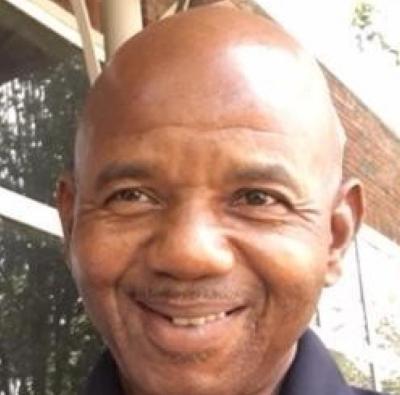Alabama prevents some people from ever voting again even after they have fully served their sentence while others are only able to restore their rights if they comply with a burdensome process. Alabama is one of 11 other states that restrict voting rights even after a person has served his or her prison sentence and is no longer on probation or parole. Based on the most recent estimates Alabama’s law disenfranchises over 286,000 people in the state: 7.6 percent of the entire statewide voting-age population and 15.1 percent of the adult black male voting-age population.
Alabama disenfranchises individuals with certain felony convictions, so-called “crimes of moral turpitude.” The list of convictions “involving moral turpitude” includes a number of non-violent crimes, including almost all theft crimes. Citizens with these “disqualifying” convictions may petition to have their rights restored, but only after paying all court ordered fines, fees and restitution, the equivalent of an insurmountable poll tax voters who might otherwise be eligible.
For many years the state did not define “moral turpitude” or create a complete list of felonies that disqualify a voter. This led to many people being wrongly told by registrars that they could not vote, when in fact, they had never lost their rights. Thompson v. Alabama, among other things, challenged this vague and arbitrary system of disenfranchisement.
CLC represents individuals in Alabama who are U.S. citizens with past felony convictions, seeking the right to vote. Some are unable to vote because their convictions are considered "disqualifying" under Alabama's law, and others because they cannot afford to pay their court fees to restore to register to vote.
The lawsuit alleges that the “moral turpitude” standard used by Alabama to determine who can vote is intentionally racially discriminatory and leads to arbitrary and unconstitutional disenfranchisement of citizens. The term "moral turpitude" was first put into Alabama's constitution in 1901 during a constitutional convention held for the purpose of "establish[ing] white supremacy."
Second, the lawsuit alleges that Alabama's system of restoring rights — a system that conditions voting on ability to pay one's ballooning court fines and fees — is a modern day poll tax that violates both the Constitution and the Voting Rights Act.
Finally, the lawsuit alleges that broad felon disenfranchisement simply is not sanctioned by the 14th Amendment’s “rebellion or other crime” language and the Constitution supports, at most, very limited disenfranchisement of voting-related offenses. The lawsuit is an opportunity for silenced voices to be heard in our democracy and finally turn the page on this dark page in our country’s history.
On May 17, 2017, the Alabama Legislature passed HB 282, a bill that defined what crimes involve "moral turpitude" for the purposes of determining which citizens can vote. This bill is a step in the right direction but does not address Alabama's system of conditioning restoration of the right to vote based on wealth.
